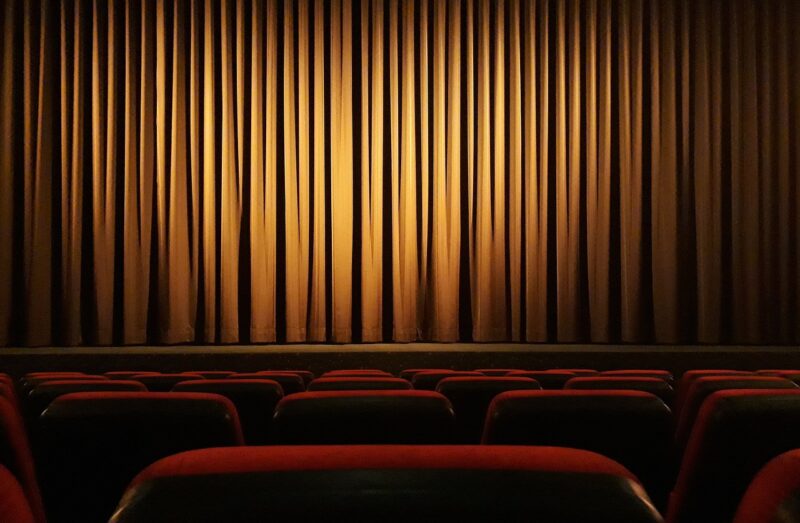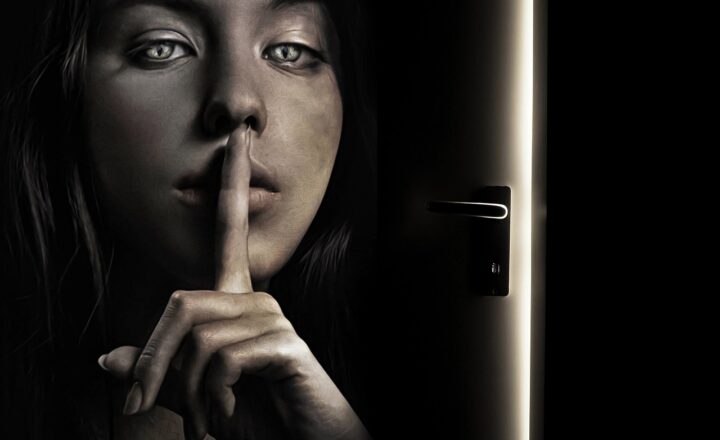The Hidden Meanings Behind Your Favorite Movies: A Psychological Analysis
November 18, 2024

Movies have the unique ability to immerse us in their worlds, yet beneath the surface lies a wealth of meaning that reflects the human experience. From the enchanting narratives that captivate our imagination to the profound themes that provoke our thoughts, films often carry complex psychological messages. In this article, we will delve into the hidden meanings behind some of the most beloved movies, exploring their psychological underpinnings, character motivations, and societal messages.
1. The Power of Storytelling in Film
Storytelling has been an integral aspect of human culture, serving not just as entertainment but as a means of communication, teaching, and understanding. Films employ various storytelling techniques that resonate deeply with audiences. Psychologists emphasize that stories allow viewers to explore their own emotions and experiences through the lens of fictional characters.
Research indicates that storytelling activates specific areas of the brain associated with human experience, allowing viewers to empathize with characters and navigate complex emotions. By studying the narratives of our favorite films, we can uncover underlying psychological truths that mirror our own realities.
2. The Archetypes of Characters
Carl Jung’s theory of archetypes describes universal symbols and character types that resonate across cultures and time periods. Many films explore these archetypes, using them as a means to illustrate the psychological journey of characters. Popular archetypes in film include:
– The Hero: Embodies courage and strength, often embarking on a journey of self-discovery. Think of Luke Skywalker in the “Star Wars” saga, who grows from a naive farm boy to a powerful Jedi.
– The Mentor: Provides guidance, wisdom, and support to the hero. Mr. Miyagi in “The Karate Kid” exemplifies this by teaching Daniel about martial arts and life lessons.
– The Shadow: Represents the darker aspects of the protagonist, often manifesting as the antagonist of the story. Darth Vader epitomizes the inner conflict of good versus evil.
– The Trickster: Challenges the status quo, introducing chaos that leads to growth or revelation. Characters like Loki from the Marvel Universe serve as perfect examples.
These archetypes allow us to understand the complexities of human behavior and the motivations behind our actions, reflecting our own struggles and aspirations.
3. Psychoanalysis and Film Interpretation
Freudian psychoanalysis often serves as a lens for interpreting films, as it emphasizes the unconscious mind’s role in shaping behavior and emotions. This approach can provide meaningful insights into characters’ actions and motivations.
– Consider Stanley Kubrick’s “The Shining,” which explores themes of repression and madness. Jack Torrance’s descent into insanity reflects the consequences of bottled emotions, showcasing the dangers of ignoring psychological distress.
– Similarly, in “Fight Club,” director David Fincher delves into the concept of identity and the male psyche. The protagonist’s creation of an alter ego (Tyler Durden) highlights the clash between societal expectations and personal desires, revealing deeper truths about masculinity and consumer culture.
Using Freudian concepts, films can serve as mirrors reflecting our unresolved conflicts, fears, and desires, offering a canvas to interpret our own experiences.
4. Societal Reflections in Cinema
Movies often serve as a reflection of societal values and issues. Filmmakers use narratives to challenge norms, highlight injustices, or comment on prevailing attitudes within their cultures. Consider how these films have sparked discussions and influenced perceptions:
– “12 Years a Slave”: This film addresses the brutal realities of slavery, fostering conversations about race, identity, and justice in America. Its historical context reveals the persistent impacts of racism and oppression.
– “The Social Network”: A modern exploration of technology’s effects on interpersonal relationships and ethics in the digital age, this film raises questions about privacy, ambition, and morality.
– “Parasite”: Bong Joon-ho’s groundbreaking film highlights the class divide and the complexities of wealth in contemporary society, underlining the struggle for survival and dignity in a capitalist world.
By exposing societal issues through the lens of character-driven narratives, films enhance our understanding of cultural dynamics and provoke critical thinking.
5. The Impact of Film on Personal Growth
Movies have the power to inspire introspection and personal growth, often encouraging viewers to confront their fears, embrace vulnerability, and pursue self-acceptance. Consider how films can facilitate change and promote psychological well-being:
– “The Pursuit of Happyness”: This inspiring true story showcases resilience amidst adversity, motivating many to pursue their passions and overcome obstacles.
– “A Beautiful Mind”: This biographical drama illustrates the profound impact of mental illness while emphasizing the importance of love and support in overcoming challenges.
– “Eat, Pray, Love”: A journey of self-discovery and healing, this film urges audiences to seek balance, introspection, and fulfillment in their lives.
Through identifying with characters who undergo profound transformations, viewers can draw parallels to their paths, paving the way for personal breakthroughs and renewed perspectives.
Conclusion: Unearthing Meaning through Cinematic Experiences
As we navigate the captivating world of cinema, it becomes evident that movies hold more than mere entertainment value. Unpacking the hidden meanings behind our favorite films enriches our understanding of ourselves and society. By reflecting on character drives, societal issues, and psychological insights, we gain access to the deeper layers of storytelling that resonate profoundly with our human experiences.
Next time you curl up for movie night, consider the nuance and depth within the cinematic experience. With each film, there exists an opportunity for discovery, understanding, and enlightenment—a rich tapestry of psychological exploration waiting to unfold on your screen.







